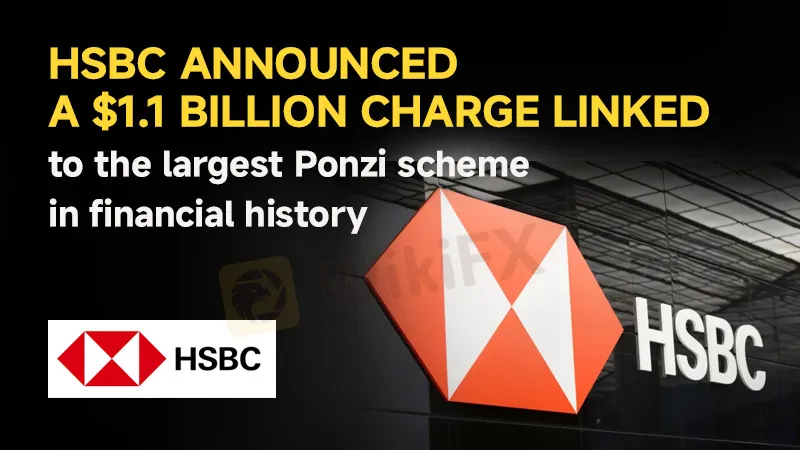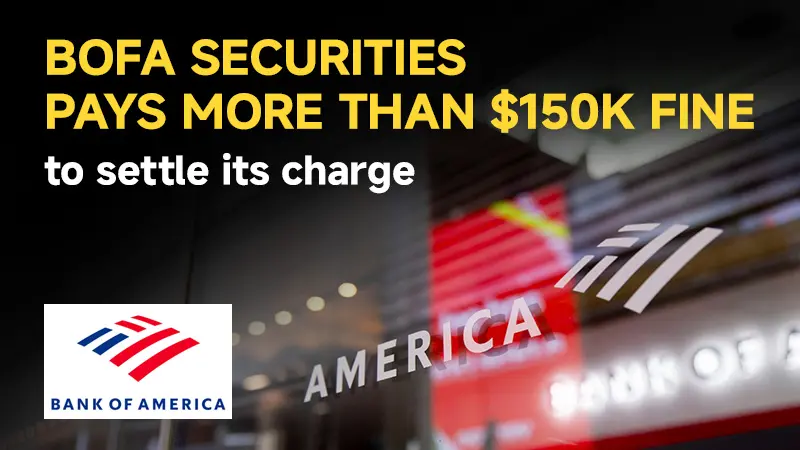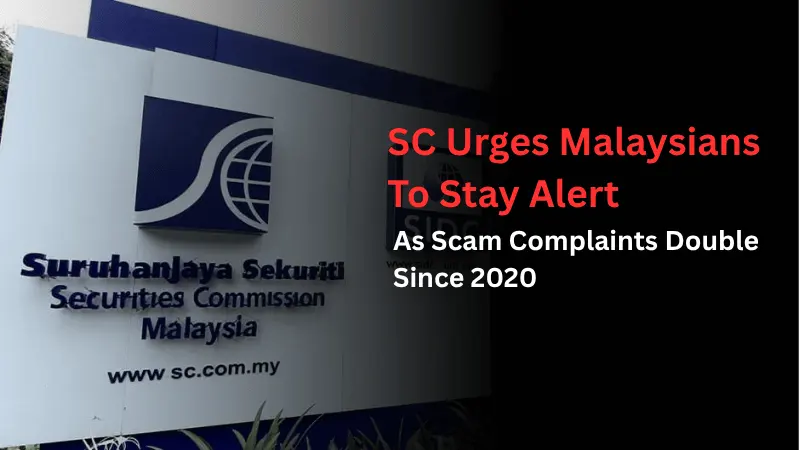HSBC announced a $1.1 billion charge linked to the largest Ponzi scheme in financial history
Abstract:The British banking giant HSBC Holdings Plc has announced a potential $1.1 billion charge connected to the long-running Bernard Madoff Ponzi scheme, following a legal ruling in Luxembourg. The claim stems from Herald Fund, a European investment fund that sued HSBC over alleged losses related to the Madoff fraud.

The British banking giant HSBC Holdings Plc has announced a potential $1.1 billion charge connected to the long-running Bernard Madoff Ponzi scheme, following a legal ruling in Luxembourg. The claim stems from Herald Fund, a European investment fund that sued HSBC over alleged losses related to the Madoff fraud.
Luxembourg Court Rejects HSBCs Appeal
The Herald Fund lawsuit was first filed in 2009, demanding that HSBC return $1.1 billion in investor funds linked to Madoff‘s fraudulent investment network. On October 24, 2025, a Luxembourg court dismissed HSBC’s appeal, marking another setback for the bank.
HSBC announced that it will record the amount as a “significant matter to note” in its upcoming third-quarter financial report, which is set to be released tomorrow. The bank said it continues to dispute the claim and intends to pursue a second appeal.
Background: The Bernard Madoff Ponzi Scheme
Bernard L. Madoff, once one of Wall Streets most trusted figures, ran what became the largest Ponzi scheme in financial history, defrauding tens of thousands of investors worldwide. The fraud was exposed in 2008 during the global financial crisis, when Madoff could no longer meet the growing number of investor redemption requests.
He was sentenced to 150 years in prison in 2009 after admitting to orchestrating a multi-decade investment scam. Madoff died in prison in 2021 due to kidney failure. His case remains one of the most infamous examples of large-scale financial fraud in modern history.
HSBCs Response and Financial Impact
In response to the Luxembourg courts latest decision, HSBC stated that it plans to file a second appeal. The bank also noted that if it loses the appeal, it will challenge the total amount claimed by Herald Fund, suggesting that the final financial impact could vary significantly.
HSBC emphasized that it continues to evaluate its exposure to Madoff-related litigation and that any charges will be reflected transparently in its upcoming financial disclosures.
Lingering Fallout from the Madoff Scandal
More than a decade after Madoffs conviction, the financial and legal repercussions of his Ponzi scheme are still being felt across the global banking system. Financial institutions that handled Madoff-related funds—including HSBC and several European asset managers—have faced lawsuits, restitution claims, and reputational damage.
The latest HSBC Madoff case highlights how the aftershocks of financial crimes can persist long after the perpetrators are gone, underscoring the need for stronger due diligence and compliance in global fund management.

Read more

Voices of the Golden Insight Award Jury | David Bily, Founder and CEO of Moneta Markets
WikiFX Golden Insight Award uniting industry forces to build a safe and healthy forex ecosystem, driving industry innovation and sustainable development, launches a new feature series — “Voices of the Golden Insight Awards Jury.” Through in-depth conversations with distinguished judges, this series explores the evolving landscape of the forex industry and the shared mission to promote innovation, ethics, and sustainability.

ASIC Launches Preliminary Investigation into Clime Australian Income Fund
The Australian Securities and Investments Commission (ASIC) has launched a preliminary investigation into the Clime Australian Income Fund, examining whether the Fund’s Target Market Determination (TMD) and Product Disclosure Statement (PDS) comply with Australian financial regulations. The investigation will also assess whether any breaches of the law have occurred in relation to the Fund’s investment activities.

BofA Securities pays more than $150K fine to settle its charge
BofA Securities, Inc. (BofAS) has agreed to pay a $155,000 fine and accept a censure from the Financial Industry Regulatory Authority (FINRA) after FINRA found multiple violations of market trading and supervisory rules.

SC Urges Malaysians To Stay Alert As Scam Complaints Double Since 2020
Malaysia’s Securities Commission warns that complaints about unlicensed investment activities have doubled in five years—3,602 cases in 2024 and 2,039 in H1 2025—highlighting increasingly sophisticated scams targeting even professionals and seniors. Schemes often mimic legitimacy, then block withdrawals via “compliance” or “maintenance” excuses. The core defense is pre-investment verification and ongoing risk control.
WikiFX Broker
Latest News
How to Add and Take Out Money from Amillex Broker: A Complete Guide
FCA warning: These Firms are on the list
Ponzi Scheme Operator Sentenced to 14 Years in Western Australia
Dubai VARA Warns Against Vesta Investments
Don’t Get Scammed: A Roundup of Common Online Fraud Tactics in Forex
T4Trade broker Review 2025: Is T4Trade Regulated?
Chicago PMI Beats But Remains In 'Contraction' For Second Straught Year
Annual Sales Of New Vehicles Expected To Hit Only 15.7 Million Units: Cox
MH Markets Overview: Fees, Platforms, and Regulation
Is MultiBank Group Legit or Scam? A 2025 Regulation Review
Rate Calc

